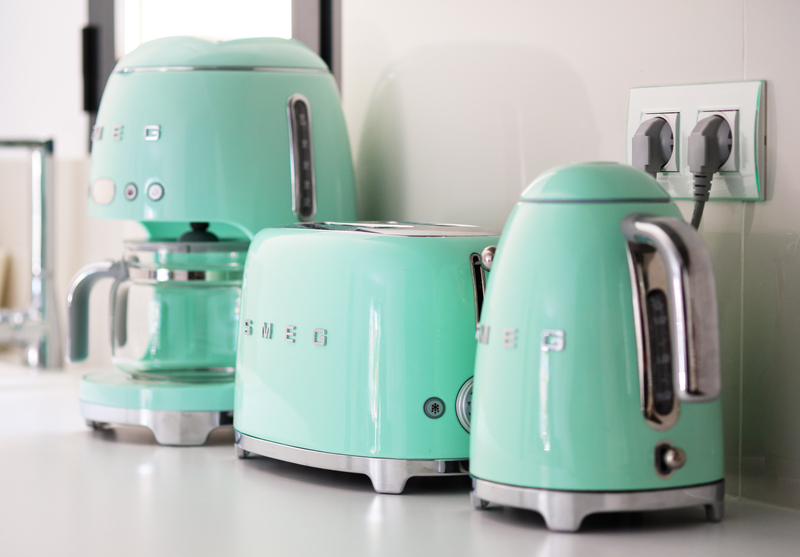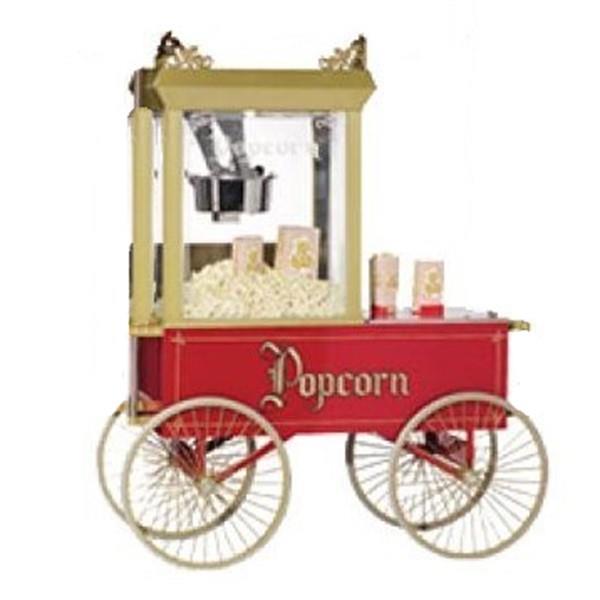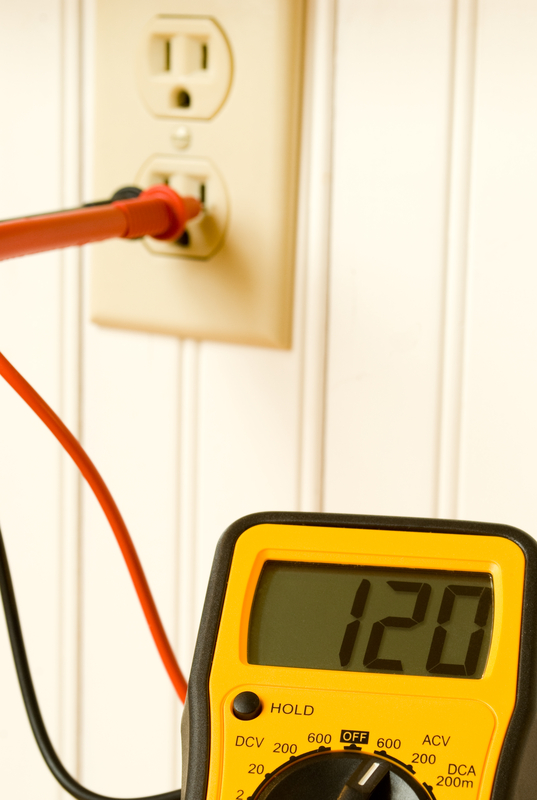
Why Does My Breaker Trip?
You may find that you can operate your toaster and coffee maker at the same time, but as soon as you turn on the blender, the combination of all three appliances causes the breaker to trip. This signals that you have over-loaded the circuit. It is annoying when you are cooking for your family but horrifying when you have a house full of guests. Pay attention to what makes your breakers trip.

What is a dedicated circuit?
A dedicated circuit is set aside with a specific purpose, with its own circuit breaker in your electrical box. A dedicated circuit is intended for use with a single appliance only. No other appliances will be plugged into or utilize the energy from this circuit, making it “dedicated” to that single appliance. Dedicated circuits ensure appliances that draw a lot of electrical current can access the energy they need without overloading your system, blowing a fuse, or tripping a circuit breaker.
Why are dedicated circuits important?
Dedicated circuits protect the rented equipment and your home/business. Appliances needing a dedicated circuit and run without one, may draw more current than the circuit can handle. This could cause tripped breakers, blown fuses, and the possibility of electrical fires as well as damaging the appliance. The last thing a host wants to deal with during the party is equipment not working because of a tripped circuit breaker.
How do I run a 20-Amp appliance safely?
A 20-amp receptacle may have one slot that looks like a sideways “T”. Some older receptacles may not have the “T” but still will be 20 Amps. If you look at the breakers in your breaker panel and there is a “20” on the handle, it is a 20-amp amp circuit. However, as to it being a dedicated circuit… most times it is not. The 20 on the handle may represent 20-amps which are able to be used between several outlets. In this case the amps of various appliances need to be added up and combined to be less than 20-amps total. Furthermore, it is a good rule to follow that combined amps be not more than 80% or 16 amps in this case.
Which Appliances Are Most Likely to Need a Dedicated Circuit?
Appliances that draw a lot of power and may warrant their own circuit include, electric stoves, ovens and warming ovens, microwaves, toasters, soft serve machines, coffee percolators, popcorn machines and more. It is always best to check, especially when using multiple appliances.

How to Tell if an Appliance is on a Dedicated Circuit.
Follow a few steps to check for the presence of dedicated circuits in your home.
Read the labels in the electrical box.If the electrician who wired your home was thoughtful, he likely labeled the circuits in your electrical box. See if any are labeled with specific appliances rather than entire rooms to indicate dedicated circuits.
Test Your Outlets.
Neon testers, voltmeters and tick tracers are all used to check circuits. When you press your chosen device into an outlet, the bulb lights if the circuit is hot. The bulb stays unlit if the circuit is dead. To check the labels in your electrical box, turn them all off except one. Then test the outlets you think are still being powered with your device of choice. You can also use an ordinary table lamp or night light to check for working and not working outlets.
When it comes to deciding if you need to install a dedicated circuit, here is a good rule of thumb: if you are running something with its own motor, it is safer to have it on its own circuit. In the end, it is always better to have too many circuits than not enough!

Unwritten Guideline.
When it comes to deciding if you need to install a dedicated circuit, here is a good rule of thumb: if you are running something with its own motor, it is safer to have it on its own circuit. In the end, it is always better to have too many circuits than not enough!
If you are uncertain as to having a dedicated 20amp circuit, please consult with an electrician. CaterRent is not responsible for ensuring that you have adequate electricity for rented equipment. We are happy to assist you with general questions, but we are not trained electricians and therefore can only offer general guidance as to what our equipment needs to run adequately ensuring a smooth and successful event.
We love to hear from you! Call CaterRent at 612-588-1188 and we will help you.
